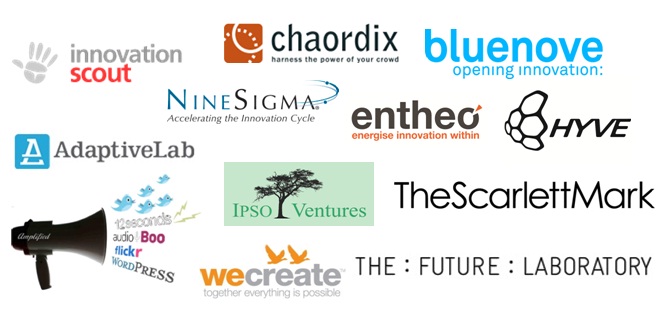The Empathy Economy
I love these RSA Animate videos and was grateful to Jamie Smith who recently pointed me towards this animated talk by Jeremy Rifkin below on The Empathic Civilization. Watch it, it’s good!
This reminds me of something we’ve been talking about for a while in relation to open innovation. Namely that people and organisations who are good at open innovation have a higher than average Business Empathy. In other words they make the effort to fully understand the other organisations position and seek to create mutual benefit. This may sound obvious but goes counter to the winner takes all ethos of that underpins most business theories and strategies. And so perhaps open innovation is simply a stepping stone towards an Empathy Economy.
Global to hyper-local
Rifkin goes on to argue that markets created the fiction of the nation state and that the next step is to either go global or local. For me the chimes nicely with our experience of open innovation where the unit of economic activity appears to be shifting away from the nation or region to either being global (i.e. entirely location independent) or hyper-local (i.e. very highly location dependent).
Many open innovation initiatives to date have been essentially global i.e. web-based and technologically driven. What they miss is the power of people connecting face to face, so they can literally seeing the whites of each other’s eyes. And whilst I can’t deny that I am a huge fan of the web and social media, I also see a gap in building trusted innovation networks and bringing diverse groups of people together in a room together and seeing what they can create together.
We certainly try to blend this kind of global/local, online/offline communities in all of our recent projects such as our current Mobile Volunteering project with Orange.
Connecting the dots
The open innovation marketplace is currently hugely fragmented with an almost infinite number of challenges and needs and initiative and competitions going on at any one time. It’s a full time job keeping on top of what’s going on let alone engaging with it.
We really need to collectively start to pull some of these threads together and start aggregating the needs of the buyers and sellers. Technology is clearly the only way to be able to do this well, complemented with some smart new partnerships, alliances and possibly a few acquisitions too.
It is partly with this in market fragmentation in mind that we have recently launched an innovation service provider network which consists of partners with whom we have collaborated with and share a common point of view. At one level we are all ‘service providers’ chasing the same opportunities but I prefer to look at the bigger picture, namely that we are collectively creating a new, efficient and big open innovation marketplace. But to achieve that we really need to practice what we preach and collaborate with each other. You can see the current organisations as part of the network below:
All of these organisations bring complementary skills and experience to the table and I would recommend them all highly to you, and like to think they would do the same about 100%Open. But more importantly, as open innovation is all about shared risk and reward I think it’s essential that we all collectively ‘practice what we preach’ and seek to find ways to collaborate more.
Towards an Empathy Economy
Which brings me back to the oxymoron of a title of this post. With connectivity only ever going to increase exponentially, perhaps Rifkin is right that we are moving towards a more Empathic Civilization and within that we do indeed need to create an Empathy Economy. Not just because it’s a nice thing to do, but because it is necessary and makes commercial sense. We are a long way from that now but I’d be interested in your perspective on how would things be different if we got there?

To pick up the theme, I think things would be a lot different in an empathy economy. The holy grail for collaborative business is trust. When businesses follow a formal process of seeing the collaboration from the other’s point of view they start to develop a more empathetic feel. It’s rational as well as emotional though. The best relationships build in mutual rewards up front so the trust is based on understanding as well as empathy.